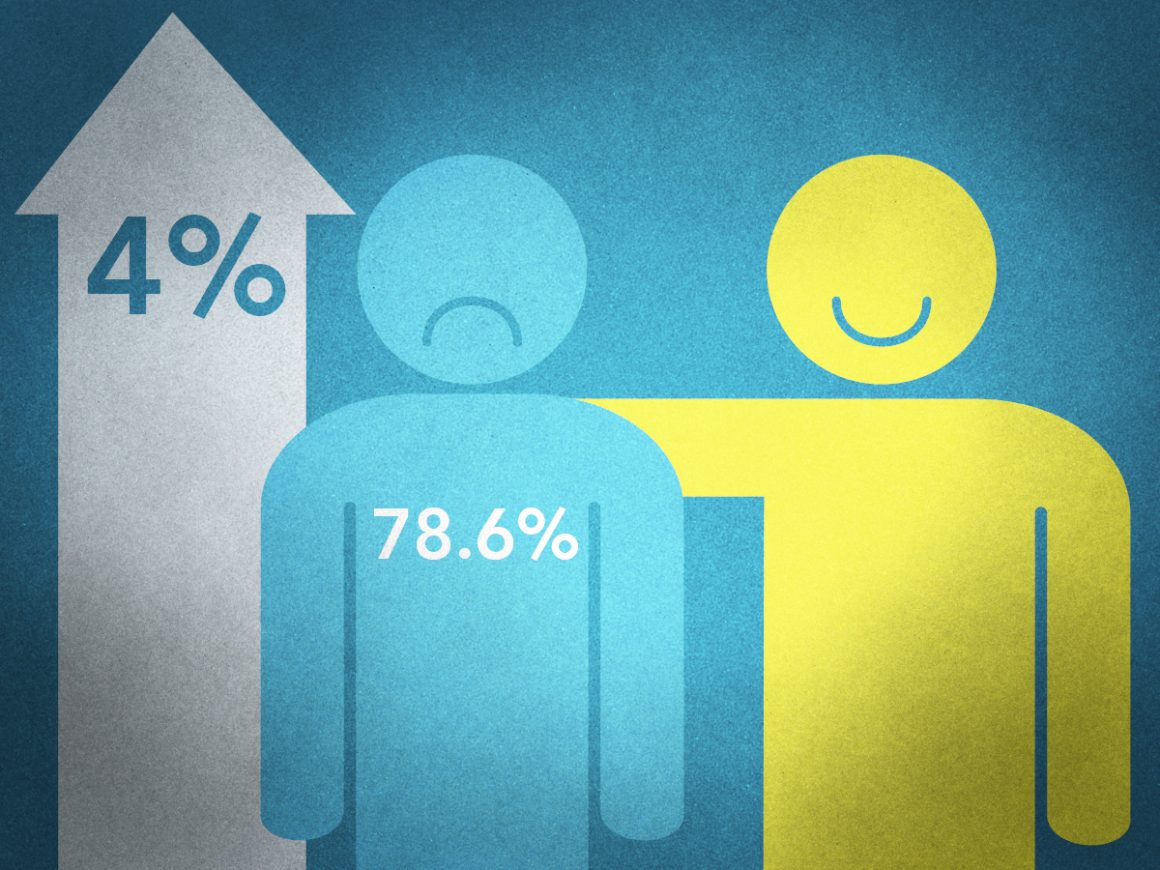
Student mental health survey results can have silver lining
With the never-ending responsibilities of university, many students will struggle with mental health throughout the course of their degree. An extensive workload of studying and exams alongside balancing work and a social life outside of school means that most students suffer from some combination of stress and exhaustion. In some cases, these stressors can result in students facing more serious mental health ailments like depression or anxiety.
The results of the 2016 National College Health Assessment (NCHA) confirm a lot of what we already know about students: many of us are stressed out, anxious and have difficulty sleeping.
Of the students surveyed in Alberta 40.4 per cent reported that stress greatly impacted their academic performance, with anxiety rates ringing in at 31.4 per cent and difficulties sleeping at 28.3 per cent.
The most alarming statistic from this year’s NCHA survey was that 13.1 per cent of students who completed the survey had seriously considered committing suicide in the past 12 months. This percentage is up from the 8.4 per cent reported in the 2013 survey, with a slightly higher response among women at 8.6 per cent than men at 7.6 per cent.
In the 2016 survey, 65 per cent of students reported feeling lonely, 90 per cent reported feeling overwhelmed and 57 percent reported feeling hopeless.
The statistic are troubling. Despite all efforts to emphasize the importance of mental health among students, many are still struggling.
But there is a small silver lining to these statistics. An increase in self-reporting of mental health struggles among students might have occurred due to efforts to combat mental health — not despite it.
The creation of a strategic framework for the Students’ Union Wellness Centre and the University’s new Campus Mental Health Strategy may actually be doing the work they set out to achieve. It’s possible that due to efforts to reduce the stigma surrounding mental health, more students now feel more comfortable self-reporting their struggles or speaking out about them.
The stigmatization of mental health discourages those suffering from mental health illnesses to speak out or seek help. But plenty of figures throughout fiction and history have wrestled with depression — from Romeo’s bought of ‘melancholia’ in the opening act of Romeo and Juliet, to Abraham Lincoln’s contemplation of suicide and Sigmund Freud’s own battles with periodic depression, fatigue and apathy. In 2016, with a better understanding of the chemistry of our brains and how they work, combined with an arsenal of psychological approaches to treat mental disorders, physicians and psychologists are better prepared than ever before to help those in need.
But medical advances aren’t helpful in treating mental health if they aren’t utilized. First, addressing the social stigma that plagues sufferers of depression, anxiety or trauma when trying to come forward is essential. If we can’t convince others that speaking out about mental health can happen in a safe, compassionate and understanding environment, we aren’t moving any closer to providing the kind of care that those facing mental health challenges need.
Among students specifically, depression and anxiety rates are higher due to the unique environment of academia. The approach of the U of C and the SU has been to destigmatize mental health and encourage students to come forward and get help if they are struggling. And while stigma reduction can often be seen as a buzzword that creates little tangible change, the ripples of this approach are visible in this year’s NCHA results.
But above all, this year’s survey results show we have more work to do. The increase in mental health awareness and the creation of the university’s Campus Mental Health Strategy in December 2015 highlight the importance of mental health support among students, but many still struggle.
While encouraging mental health awareness and reducing the stigma is the kind of work that will likely never be done, for now it’s good to know that there is a strategic framework in place to help improve the health and well being of students — one that’s showing potential.
Ultimately, 90 per cent of students feeling lonely is unsettling. If you are feeling anxious, depressed or hopeless, know that you are not alone. The SU Wellness Centre offers free counselling for all students and the Distress Centre offers 24-hour Suicide Prevention Hotline. Help is out there. Make the call.
Emilie Medland-Marchen, Gauntlet Editorial Board
